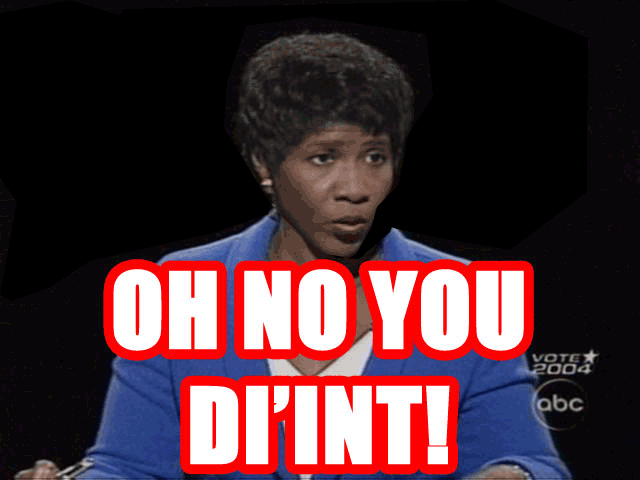As an IMG currently studying in India, I wanted to inquire to the U.S. medical students how it is they study anatomy. I've heard various accounts of "prosected" cadavers being presented to 6 week modular programs that stress rote memorization to get through the entire body. Other students have told me they have read NMS clinical anatomy and Thieme Anatomy Books 1 and 2.
Anatomy here is not emphasized that much pre clinically and not at all after your pre-clinical years and in the wards. I get lost very easily tracing where it is the pathophysiologic basis of disease starts in the body while roaming around in the wards.
The system here, much different than back home, doesn't require a broad or even detailed understanding of anatomy but I wanted to know how important having a thorough understanding of anatomy was in terms of:
1. USMLE
2. Residency
3. Becoming a competent doctor
Anatomy here is not emphasized that much pre clinically and not at all after your pre-clinical years and in the wards. I get lost very easily tracing where it is the pathophysiologic basis of disease starts in the body while roaming around in the wards.
The system here, much different than back home, doesn't require a broad or even detailed understanding of anatomy but I wanted to know how important having a thorough understanding of anatomy was in terms of:
1. USMLE
2. Residency
3. Becoming a competent doctor


